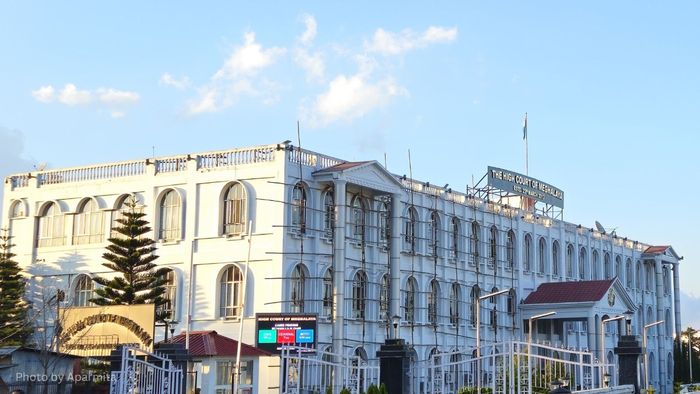Meghalaya wetlands fail to qualify as Ramsar sites: High Court
The Meghalaya High Court has ruled that the state's wetlands do not qualify as Ramsar sites.

- Apr 30, 2025,
- Updated Apr 30, 2025, 3:18 PM IST
The High Court of Meghalaya concluded that none of the state's wetlands qualify for recognition as Ramsar sites, bringing to a close a public interest litigation initiated following a Supreme Court order.
The two-judge bench comprising Chief Justice IP Mukerji and Justice W Diengdoh accepted a comprehensive report from the state's Chief Conservator of Forests after authorities completed an extensive "ground truthing" exercise of all wetlands across Meghalaya.
"The submissions of learned Advocate General based on this report have been most informative, convincing and detailed," noted Chief Justice Mukerji in his oral judgment.
The litigation originated from a Supreme Court order dated December 11, 2024, directing the High Court to initiate proceedings for verification and potential identification of internationally significant wetlands within the state.
According to the court order, the Meghalaya State Wetland Authority conducted thorough inspections of 225 water bodies across the state, including:
- 66 lakes and ponds
- 100 rivers and streams
- 18 waterlogged bodies
- 9 reservoirs and barrages
- 25 tanks and ponds
- 6 riverine wetlands
- 1 oxbow/cut-off meander
Advocate General A Kumar, representing the state government, explained that Ramsar site designation requires water bodies to meet specific criteria regarding "minimum area, depth, unique nature, characteristics and its natural habitat."
The court clarified that "not all waterbodies can be categorised as Ramsar sites," referencing the international Ramsar Convention on Wetlands, which establishes guidelines for identifying wetlands of international importance.
While disposing of the PIL, the High Court directed its Registrar General to file an affidavit with the Supreme Court detailing the steps taken in compliance with the December 2024 order, including the state government's April 29 report.
The case marks the conclusion of Meghalaya's participation in a nationwide effort to identify potential Ramsar sites, following the Supreme Court's original writ petition (CJ No. 304 of 2018), which remains pending.
Ramsar sites, named after the Iranian city where the convention was signed in 1971, are wetlands recognised for their international ecological significance and are protected under international treaty obligations.